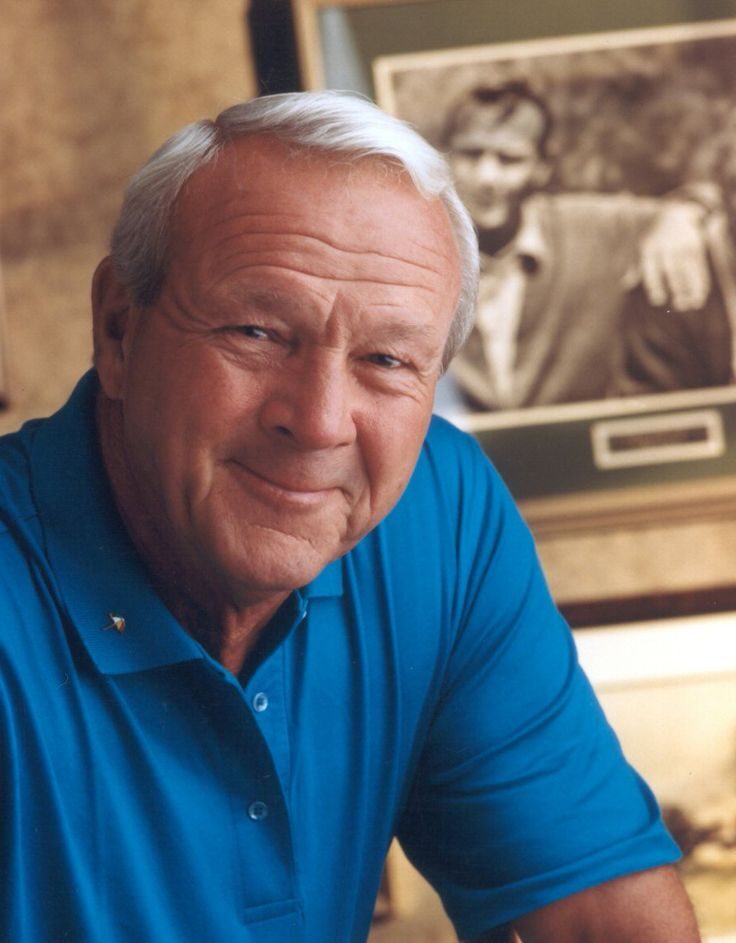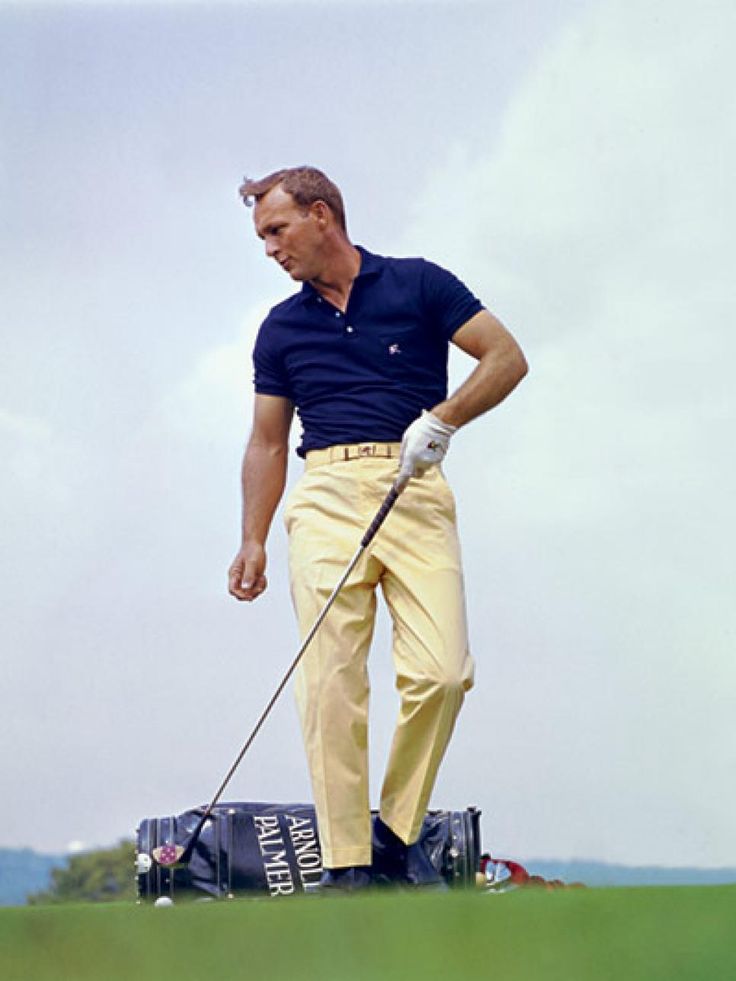
Arnold Palmer, one of the most iconic figures in the history of golf, passed away on September 25, 2016, due to complications from heart problems. His death marked the end of an era for a man whose influence extended far beyond the golf course. Palmer was not just a champion golfer; he was a cultural icon whose charisma and approachability transformed the sport and made it accessible to millions.
Born on September 10, 1929, in Latrobe, Pennsylvania, Palmer was introduced to golf at a young age by his father, a course superintendent. This early exposure ignited a passion that would define his life. He attended Wake Forest University on a golf scholarship but left to serve in the U.S. Coast Guard before eventually returning to pursue his golf career.
Palmer turned professional in 1954, and it didn’t take long for him to make a mark on the sport. He won his first major, the 1955 Canadian Open, and quickly became a household name. Over his career, Palmer amassed seven major championships, including four Masters titles, making him one of the most successful golfers of his time. His thrilling playing style, characterized by aggressive shots and a never-give-up attitude, captivated fans and inspired a generation of golfers.
The 1960s were a particularly transformative decade for Palmer and the sport of golf. He became a key figure in the emergence of televised golf, helping to popularize the game and attract a wider audience. His rivalry with fellow golfers like Jack Nicklaus and Gary Player contributed to a golden age for the sport. Together, they showcased not only their exceptional skills but also the sportsmanship and camaraderie that characterized golf.

Off the course, Palmer was equally influential. His warm personality and genuine demeanor endeared him to fans. He was one of the first athletes to embrace marketing and endorsements, using his fame to create a brand that included everything from golf equipment to apparel. The “Arnie’s Army” phenomenon—his dedicated and passionate fan base—further solidified his status as a beloved figure in sports.
Palmer’s impact on golf extended to philanthropy as well. He established the Arnold Palmer Hospital for Children in Orlando, Florida, which reflects his commitment to giving back to the community. His charitable efforts emphasized the importance of helping others and using his platform for positive change.
As Palmer’s health began to decline in his later years, he continued to inspire. Even after his retirement from professional golf, he remained active in the sport, contributing as a mentor and ambassador. He attended events, offered insights to younger players, and stayed engaged with fans, demonstrating his enduring passion for the game.
When Palmer passed away at the age of 87, tributes poured in from around the world, highlighting not just his accomplishments in golf but also his character and influence. Fellow golfers, celebrities, and fans alike shared their memories and expressed their gratitude for his contributions to the sport. He was remembered not just as a champion but as a pioneer who helped shape the modern landscape of golf.
In the years since his passing, Arnold Palmer’s legacy continues to thrive. The Arnold Palmer Invitational, held annually at Bay Hill Club and Lodge in Florida, remains one of the most prestigious tournaments on the PGA Tour, drawing top competitors and honoring Arnold Palmer’s memory. His life story is also celebrated through various documentaries and biographies, ensuring that future generations will know the name Arnold Palmer.
As golf continues to evolve, the principles Arnold Palmer embodied—integrity, sportsmanship, and a deep love for the game—remain central to its identity. His ability to connect with fans, create excitement around the sport, and promote goodwill serves as a model for athletes in all disciplines.
Arnold Palmer may have left this world, but his spirit lives on in the hearts of golfers and fans everywhere. He taught us that golf is more than just a game; it’s about the connections we make, the challenges we overcome, and the legacy we leave behind. As we remember him, we celebrate not only his incredible achievements but also the joy and inspiration he brought to millions throughout his life.